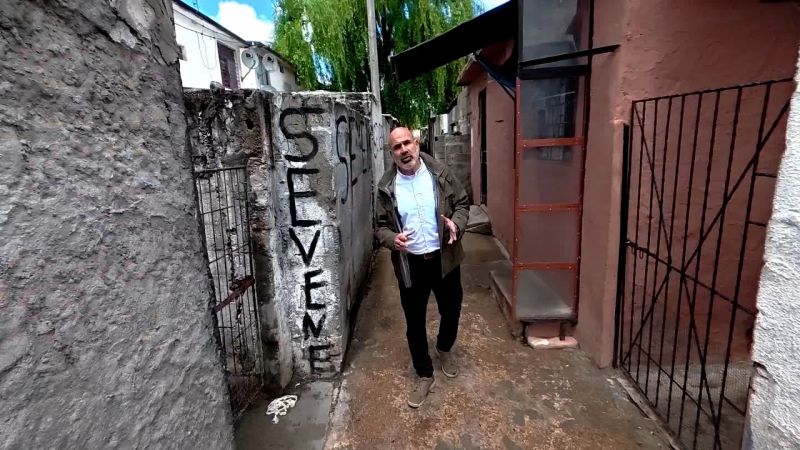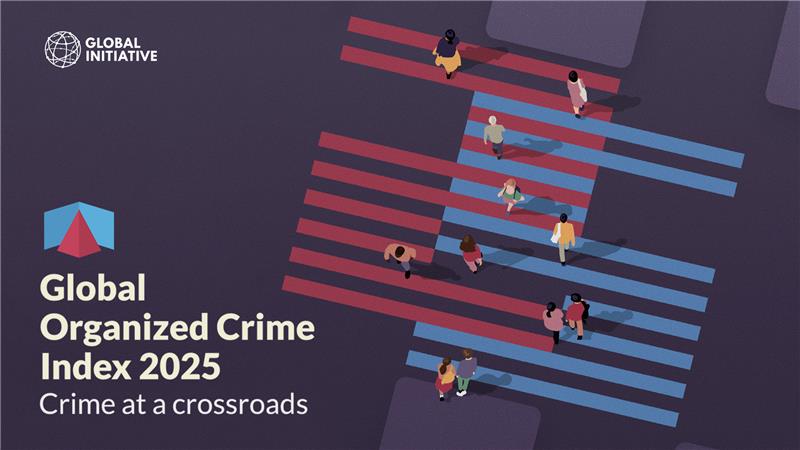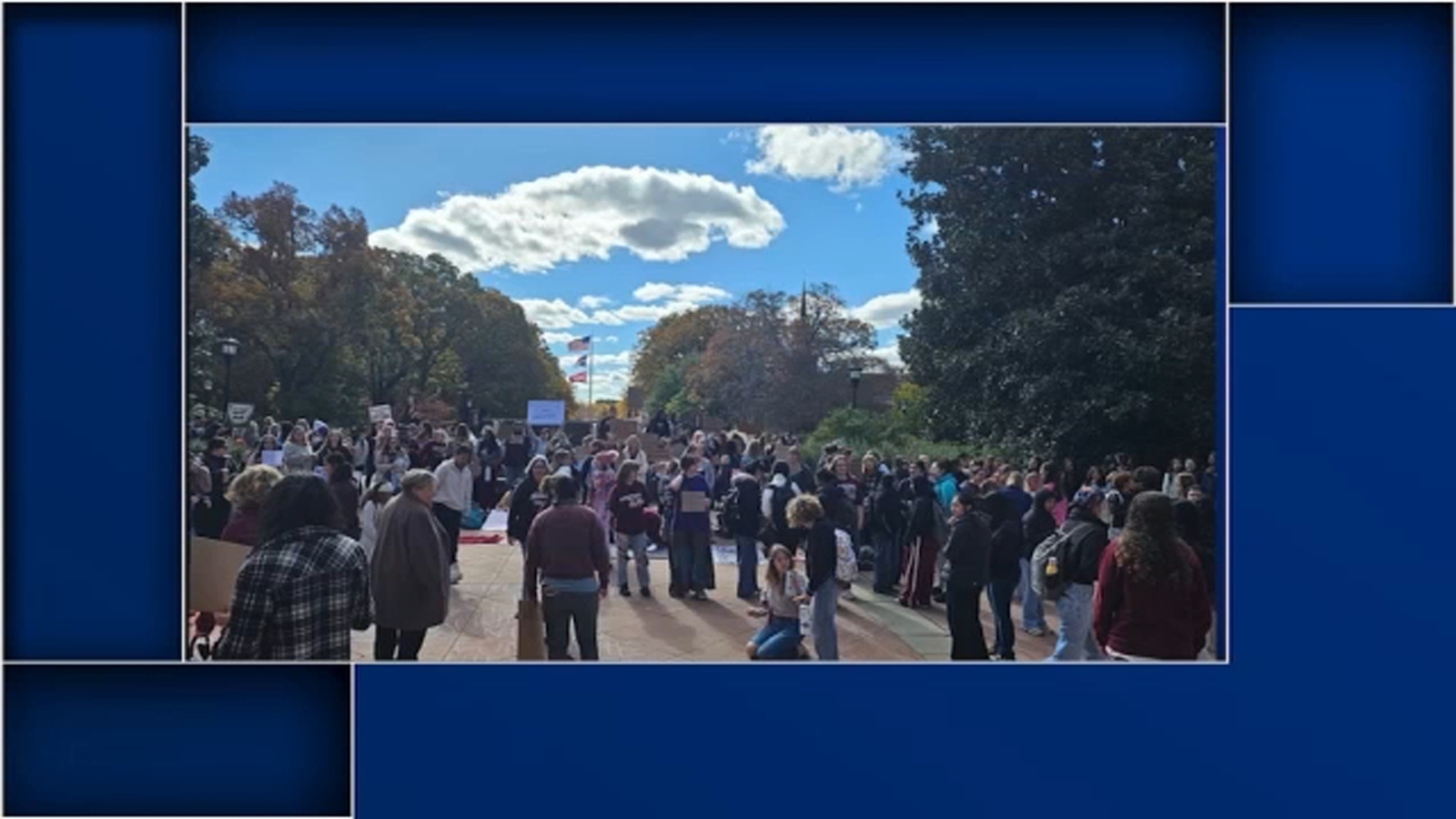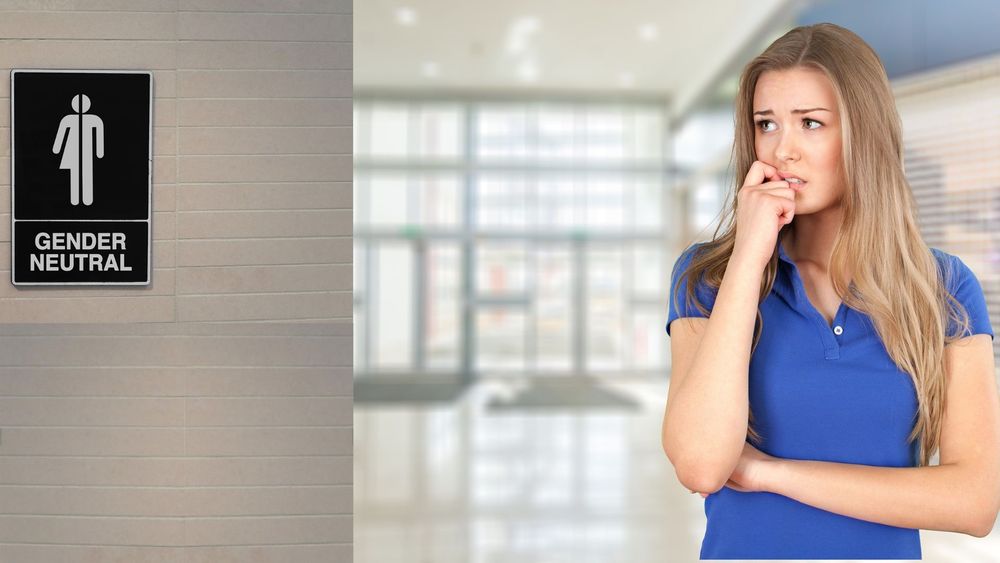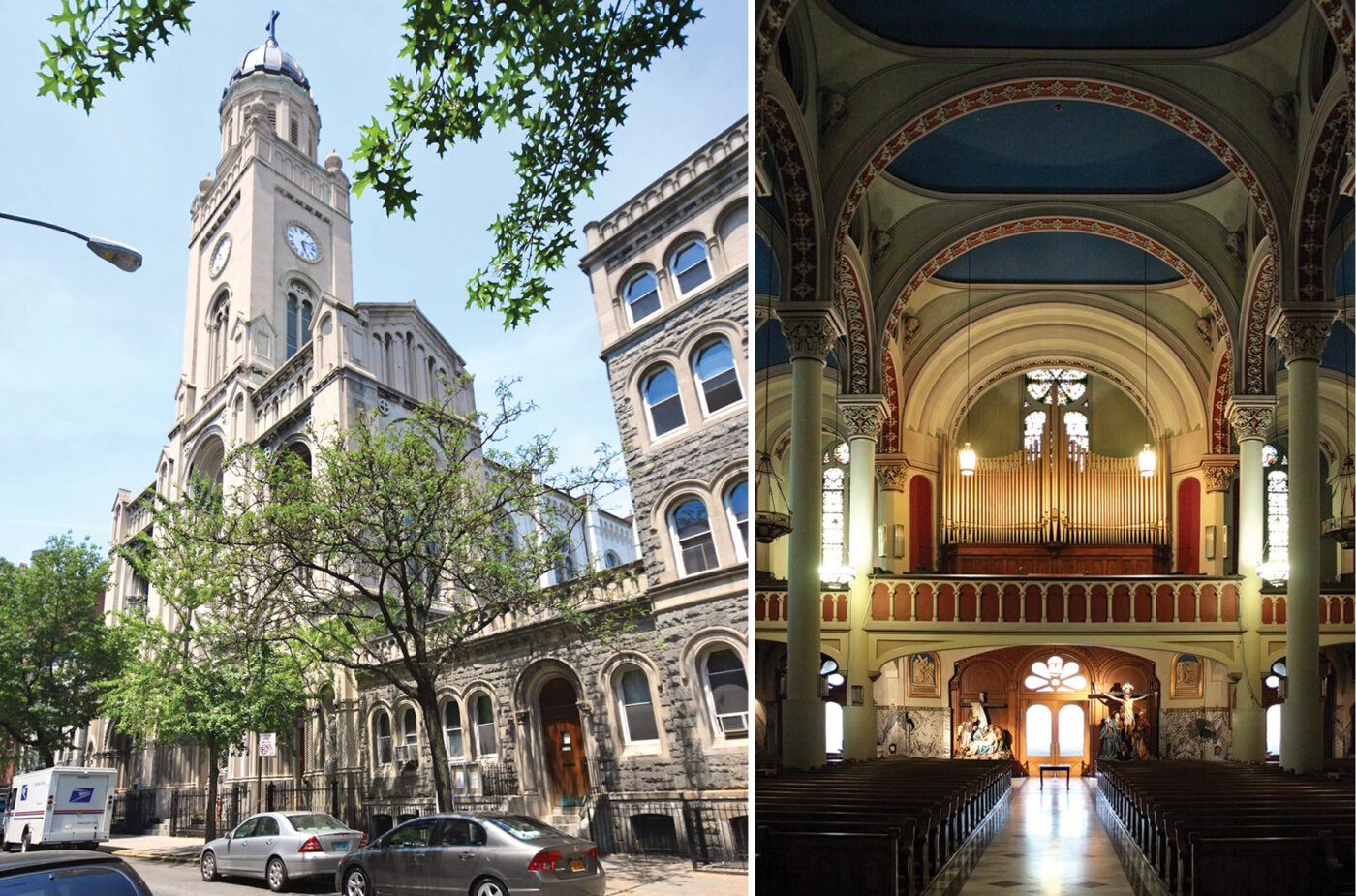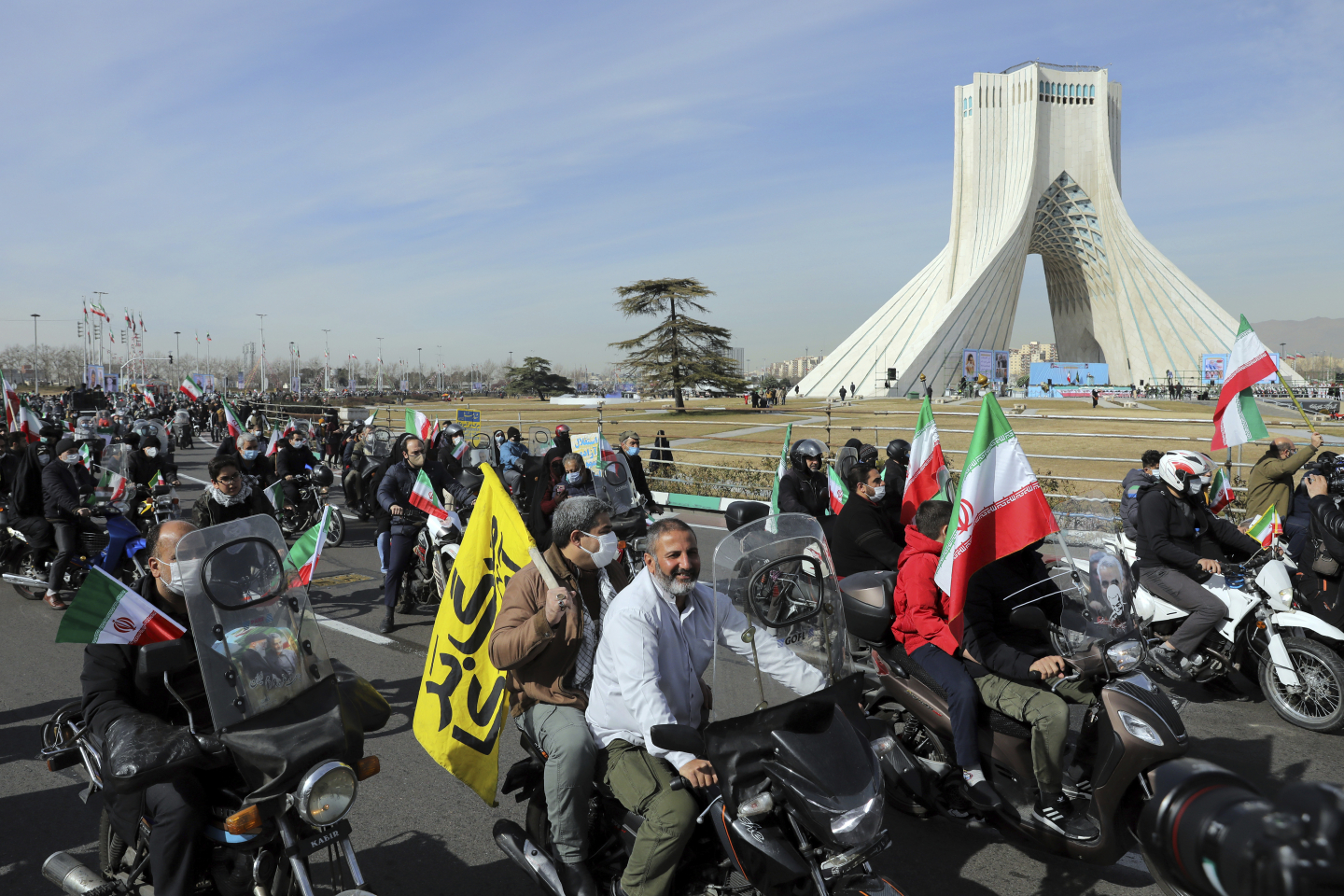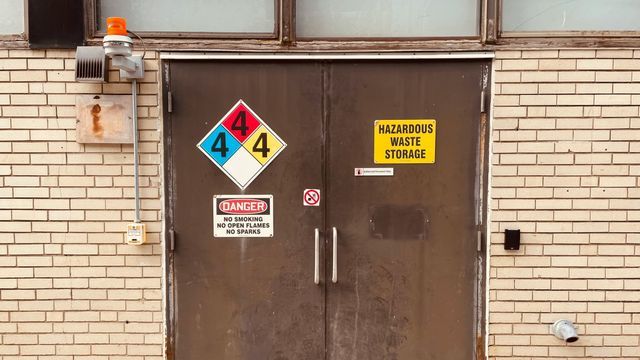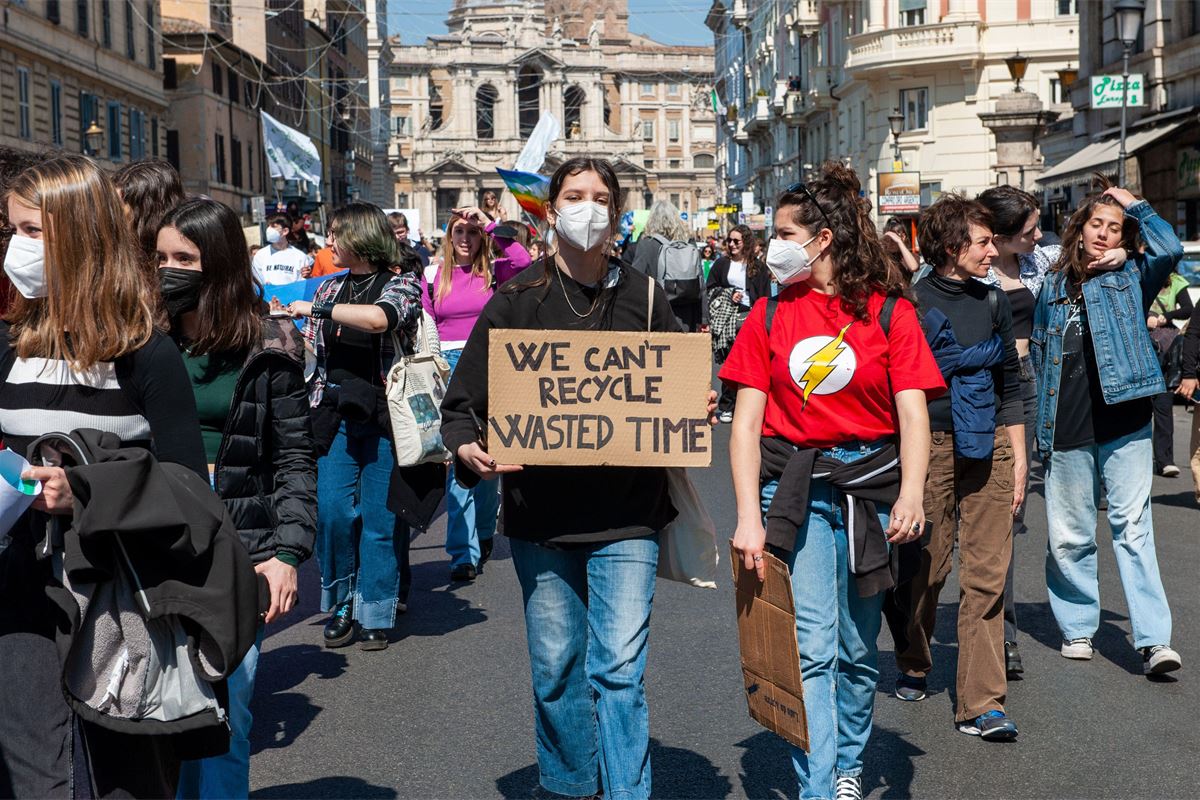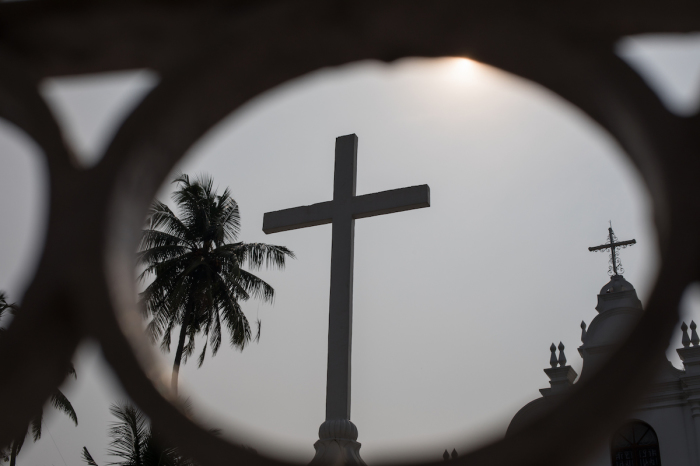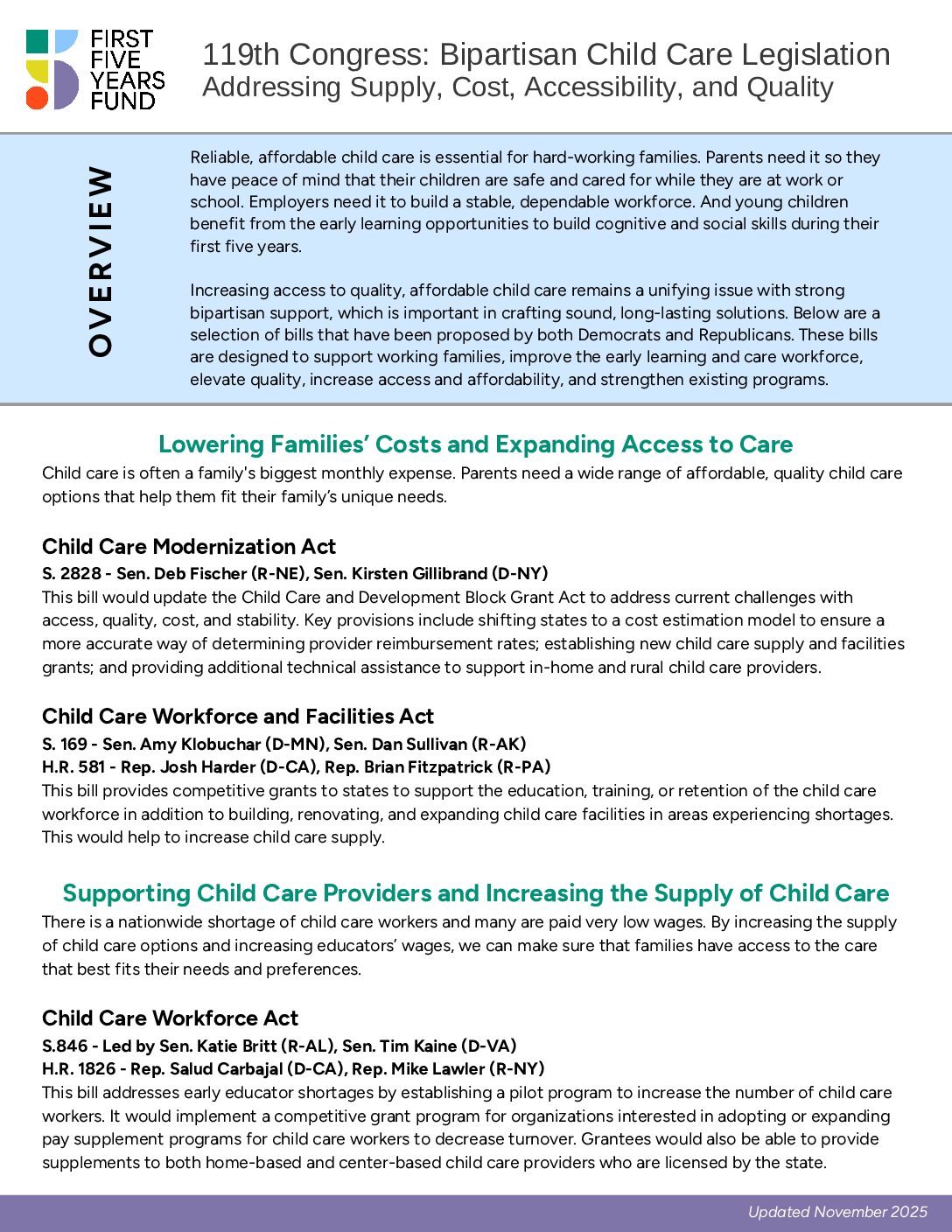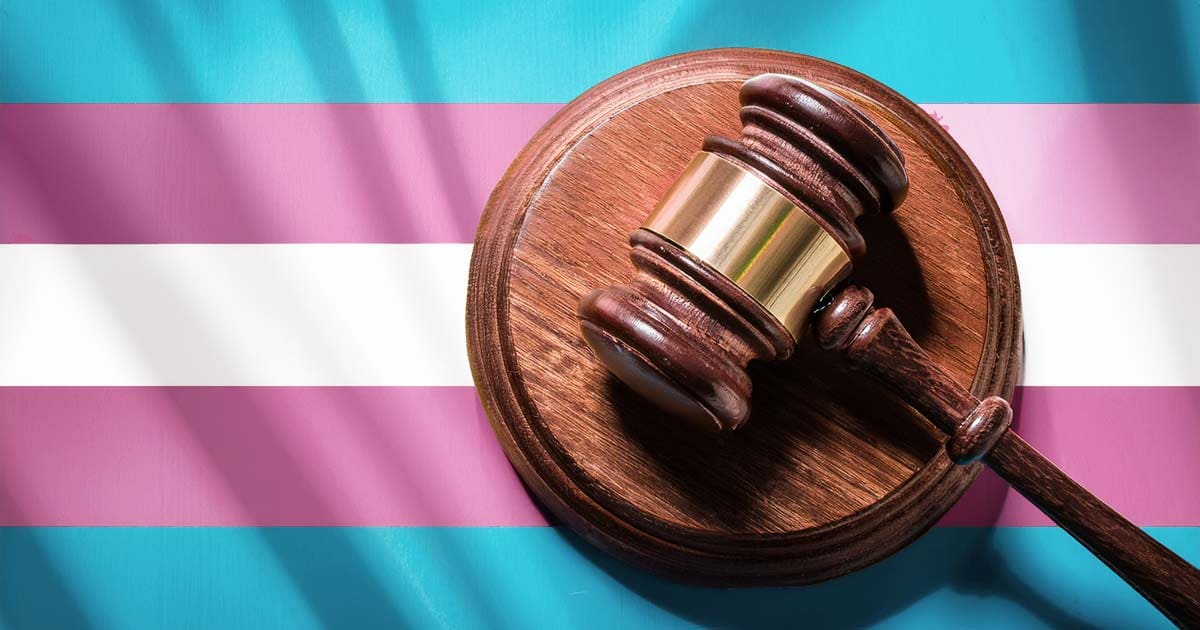Rwanda’s strict religious regulation laws ‘do not meet international human rights standards’ – WEA report – www.christiandaily.com
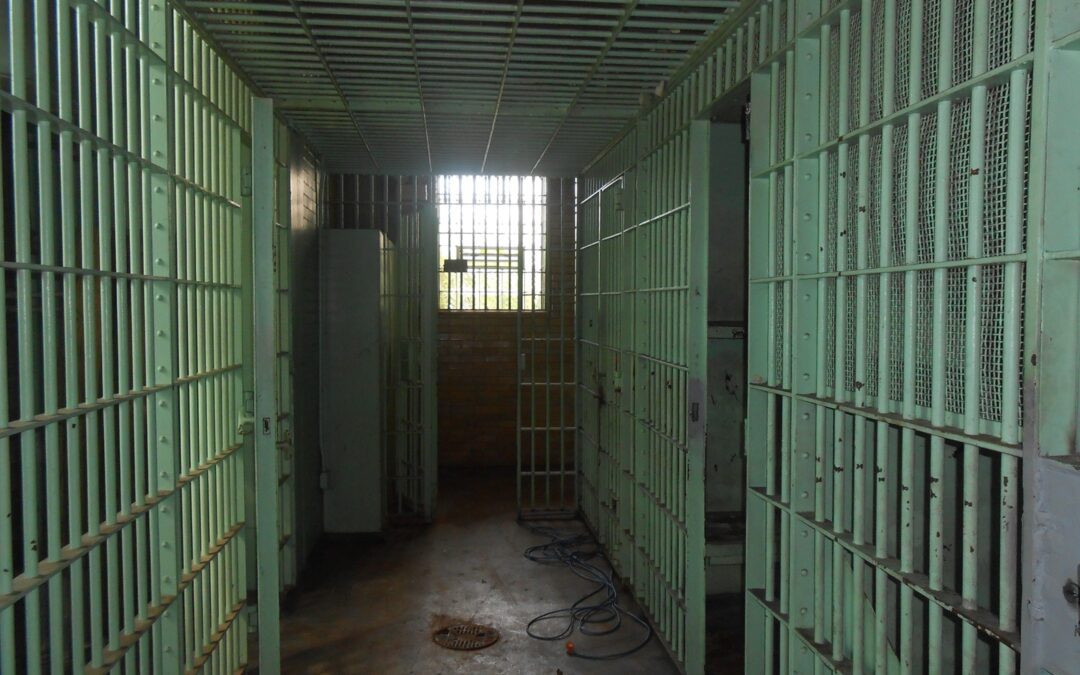
Report on Rwandan Religious Regulations and their Impact on Sustainable Development Goals
Executive Summary
A 2018 law in Rwanda governing Faith-Based Organisations (FBOs) and its subsequent enforcement have raised significant concerns regarding the nation’s commitment to international human rights standards and the Sustainable Development Goals (SDGs). An analysis by the World Evangelical Alliance (WEA) submitted to the Universal Periodic Review concludes that the regulations contravene fundamental freedoms. The closure of approximately 7,700 places of worship in 2024 for non-compliance highlights a direct conflict with several SDGs, most notably:
- SDG 16: Peace, Justice and Strong Institutions
- SDG 10: Reduced Inequalities
- SDG 11: Sustainable Cities and Communities
- SDG 4 & 8: Quality Education & Decent Work
This report details how the law’s requirements and enforcement mechanisms undermine progress toward these global goals.
Analysis of FBO Regulations in the Context of the SDGs
SDG 16: Peace, Justice and Strong Institutions
The regulations and their implementation challenge the core tenets of SDG 16, which aims to promote peaceful and inclusive societies with access to justice for all and effective, accountable institutions.
- Erosion of Fundamental Freedoms (Target 16.10): The WEA reports that the law violates freedom of religion and association, which are protected by Rwanda’s constitution and international statutes it has ratified, including the Universal Declaration of Human Rights and the International Covenant on Civil and Political Rights.
- Institutional Overreach (Target 16.6): The state’s role in mandating theological degrees for clergy and defining legitimate religious teachings through guidelines on “Rwandan Values” is viewed as an overreach. This allows the government to determine religious doctrine, undermining the development of independent and accountable institutions.
- Lack of Access to Justice (Target 16.3): The enforcement mechanism of immediate closure is described as “draconian.” Instead of a process involving violation notices and a period for compliance, the punitive measures limit FBOs’ access to a fair and just process.
- Suppression of Civil Society: Prohibitions on unregistered religious gatherings, including in private homes, have fostered a climate of fear. Reports from Open Doors indicate extensive government control, including monitoring and infiltration of religious activities, which is antithetical to an open and just society.
SDG 10: Reduced Inequalities
The law has created and exacerbated inequalities among civil society groups and religious denominations, in direct opposition to the aims of SDG 10.
- Discriminatory Legal Framework (Target 10.3): FBOs are subject to significantly more stringent requirements than non-governmental organizations (NGOs). While NGOs only need a legal address, FBOs must meet costly building standards and their leaders must hold university degrees, creating a clear inequality in regulatory treatment.
- Disproportionate Impact: The regulations have disproportionately affected smaller Pentecostal churches, which often lack the financial resources to comply with expensive mandates for building modifications, professional fees, and a minimum of 1,000 founding members.
- Barriers to Establishment: The requirement of a non-refundable Rwf 2,000,000 (approx. $1,500 USD) application fee creates a significant financial barrier, making it “practically impossible” for new, less-affluent groups to form and register.
SDG 11: Sustainable Cities and Communities
The regulations impact the social fabric and physical infrastructure of communities, affecting the goals of SDG 11 to make human settlements inclusive, safe, and sustainable.
- Loss of Inclusive Public Spaces (Target 11.7): The closure of over 7,700 churches represents a mass loss of community hubs that serve as essential gathering spaces for social and spiritual support.
- Unsustainable Building Regulations: Frequent changes to building requirements render previously compliant structures non-compliant. The lack of flexibility for existing buildings that cannot be altered to meet new standards for property size or parking undermines sustainable and adaptive urban development.
SDG 4 & SDG 8: Quality Education & Decent Work
The law’s stipulations on clerical qualifications and the economic consequences of church closures negatively affect goals related to education and economic opportunity.
- Defining Quality Education (Target 4.4): The government’s mandate for theological degrees as a prerequisite for clergy is contested by religious leaders, who argue that a spiritual calling is not contingent on academic qualifications. This raises questions about who defines relevant skills and education for community leaders.
- Loss of Livelihoods (Target 8.5): The mass closures have resulted in unemployment for thousands of pastors and church staff, undermining the goal of full and productive employment and decent work for all. Some pastors have been forced to migrate to find work.
- Hindering Economic Growth (Target 8.3): The high costs and stringent requirements for registration and operation inhibit the formalization and growth of FBOs, which function as micro- and small-scale enterprises providing local employment and services.
Conclusion and Recommendations
The 2018 Rwandan law on Faith-Based Organisations and its enforcement are in direct conflict with the nation’s commitments to the Sustainable Development Goals. The current approach weakens institutions, increases inequality, and disrupts community life.
- It is recommended that the Government of Rwanda review its laws and guidelines to ensure they align with international human rights standards, particularly concerning fundamental freedoms as outlined in SDG 16.
- A revised framework should be developed in consultation with FBOs to eliminate the discriminatory standards identified under SDG 10.
- Compliance mechanisms should be made more flexible, proportionate, and supportive, allowing places of worship to address deficiencies while remaining open, thereby preserving the community infrastructure central to SDG 11.
- Acknowledging FBOs as valuable partners in development is crucial for fostering a healthy civil society capable of contributing to all Sustainable Development Goals.
1. Which SDGs are addressed or connected to the issues highlighted in the article?
SDG 16: Peace, Justice and Strong Institutions
- The article focuses on the Government of Rwanda’s laws and regulations for Faith-Based Organisations (FBOs), which are seen as undermining fundamental freedoms and the rule of law. It discusses the role of state institutions like the Rwanda Governance Board (RGB) and their “draconian” enforcement mechanisms, directly relating to the quality and accountability of institutions. The core conflict described is between state control and the rights of religious groups, a key theme of SDG 16.
SDG 10: Reduced Inequalities
- The article explicitly points out discriminatory practices in the law. It highlights that FBOs are subjected to “significantly higher standards than non-governmental organizations (NGOs) under separate legislation.” This unequal treatment under the law, where one type of organization is placed at a disadvantage, directly connects to the goal of reducing inequalities.
2. What specific targets under those SDGs can be identified based on the article’s content?
SDG 16: Peace, Justice and Strong Institutions
-
Target 16.10: Ensure public access to information and protect fundamental freedoms, in accordance with national legislation and international agreements.
- The article is centered on the violation of the fundamental freedom of religion, belief, and association. The WEA report argues that the 2018 law and its amendments contravene Rwanda’s constitution and international agreements like the Universal Declaration of Human Rights (UDHR) and the International Covenant on Civil and Political Rights, all of which protect these freedoms. The prohibition of unregistered religious activities and home gatherings further illustrates the restriction of these freedoms.
-
Target 16.6: Develop effective, accountable and transparent institutions at all levels.
- The article critiques the Rwanda Governance Board (RGB) for its enforcement methods, described as “draconian.” The lack of clarity and “frequent changes in building requirements” suggest a lack of transparency. The WEA’s recommendation that the RGB “could instead issue a violation notice and give the church a period of time for compliance” points to a need for more effective and less punitive institutional processes.
-
Target 16.3: Promote the rule of law at the national and international levels and ensure equal access to justice for all.
- The WEA’s submission argues that the law itself is an “over-reach by the state” and is in “contravention of Rwanda’s constitution.” The state determining qualifications for clergy and defining legitimate religious beliefs is presented as a violation of the rule of law and international human rights standards. The high financial costs for registration, such as the Rwf 2,000,000 fee, can be seen as a barrier to equal access to justice and legal recognition.
-
Target 16.b: Promote and enforce non-discriminatory laws and policies for sustainable development.
- This target is directly addressed when the article states that FBOs face “significantly higher standards than non-governmental organizations (NGOs).” The example given is that NGOs are not required to have legal representatives with university degrees or own a building, while FBOs are, which is a clear instance of a discriminatory law.
SDG 10: Reduced Inequalities
-
Target 10.3: Ensure equal opportunity and reduce inequalities of outcome, including by eliminating discriminatory laws, policies and practices.
- The article provides a clear example of a discriminatory policy that creates inequality of opportunity. It states, “FBOs face significantly higher standards than non-governmental organizations (NGOs) under separate legislation… placing FBOs at a disadvantage.” This directly relates to the need to eliminate such discriminatory laws to ensure a level playing field for all organizations within civil society.
3. Are there any indicators mentioned or implied in the article that can be used to measure progress towards the identified targets?
Indicators for Target 16.10 (Protect fundamental freedoms)
- Number of places of worship closed: The article provides specific figures, stating “approximately 7,700 churches” were closed, with other sources putting the number at “nearly 10,000.” This is a direct quantitative indicator of the restriction of religious freedom.
- Persecution monitoring scores: The article cites the Open Doors’ World Watch List, noting Rwanda’s persecution score for Christians rose from 42 points in 2021 to 58 points in 2025, and its global rank is 64th. This is a specific, measurable indicator of the state of religious freedom.
- Prevalence of clandestine worship: The article implies this indicator through quotes from congregants who are “compelled to hold our services in secret and in silence” due to “fear of arrest.”
- Number of religious leaders migrating: The article mentions that the crackdown has “led some pastors to migrate to neighboring countries like Uganda and Tanzania,” which can be used as an indicator of severe restrictions.
Indicators for Target 16.b / 10.3 (Non-discriminatory laws)
- Qualitative comparison of legal requirements for different organizations: The article provides a direct indicator by comparing the legal requirements for FBOs (mandatory degrees for leaders, building ownership) versus NGOs (only a legal address required), demonstrating a discriminatory legal framework.
Indicators for Target 16.3 (Rule of law / Access to justice)
- Cost of legal registration for FBOs: The article specifies a “non-refundable service fee of Rwf 2,000,000 (approximately $1,500 USD)” as a requirement for legal personality applications, serving as a financial barrier indicator.
- Minimum membership requirements: The regulation requiring new organizations to have “1,000 founding members” is a specific, quantifiable barrier to forming a legal religious entity.
Indicators for Target 16.6 (Effective, accountable institutions)
- Proportion of non-compliant entities closed for minor infractions: The article notes that “Many of the affected churches had minor infractions that could have been rectified,” implying that the enforcement mechanism is disproportionate and ineffective at achieving compliance through less severe means.
- Frequency of changes to regulations: The mention of “frequent changes in building requirements” serves as an indicator of institutional instability and lack of transparent, predictable standards.
4. Table of SDGs, Targets, and Indicators
| SDGs | Targets | Indicators Identified in the Article |
|---|---|---|
| SDG 16: Peace, Justice and Strong Institutions | 16.10: Protect fundamental freedoms, in accordance with national legislation and international agreements. |
|
| SDG 16: Peace, Justice and Strong Institutions | 16.6: Develop effective, accountable and transparent institutions at all levels. |
|
| SDG 16: Peace, Justice and Strong Institutions | 16.3: Promote the rule of law… and ensure equal access to justice for all. |
|
| SDG 16: Peace, Justice and Strong Institutions | 16.b: Promote and enforce non-discriminatory laws and policies. |
|
| SDG 10: Reduced Inequalities | 10.3: Ensure equal opportunity and reduce inequalities of outcome, including by eliminating discriminatory laws. |
|
Source: christiandaily.com

What is Your Reaction?
 Like
0
Like
0
 Dislike
0
Dislike
0
 Love
0
Love
0
 Funny
0
Funny
0
 Angry
0
Angry
0
 Sad
0
Sad
0
 Wow
0
Wow
0

